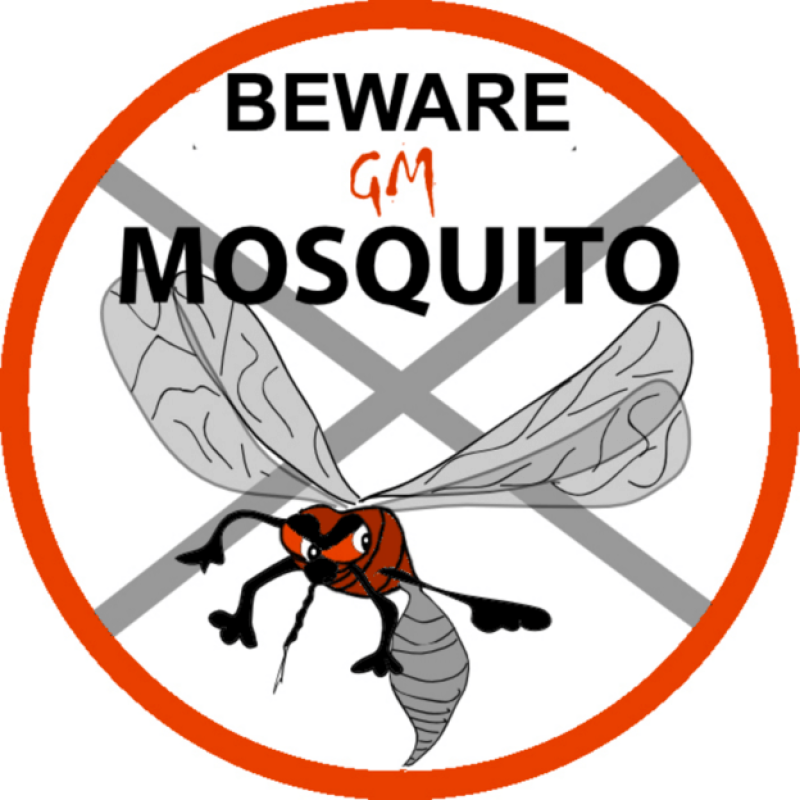An emerging technology that could form part of strategies for controlling insect-borne pathogens is to suppress or replace insect populations by releasing genetically modified (GM) insects. Trial releases of GM insects for disease control have now been conducted in the Caribbean, Malaysia, and Brazil, but none have yet proceeded in the European Union (EU).
…
One reason behind geographical differences in the assessment process is probably that there are no truly global guidelines.
…
Regional differences also reflect public opinion. The history of field releases of sterilized disease vectors and GMOs illustrates the importance of effective dialogue with the public.
…
Part of the solution could be providing more information to the public….
It is also important that communication is two-way…[P]ublic mistrust of GM driven by its concentration in the hands of a few companies could encourage policymakers to make the licensing and approval process more restrictive, driving up regulatory costs and excluding small companies. However, the views of the most vocal opponents of GM do not necessarily represent views held at a population level.
The GLP aggregated and excerpted this blog/article to reflect the diversity of news, opinion, and analysis. Read full, original post: What Is Stopping the Use of Genetically Modified Insects for Disease Control?































